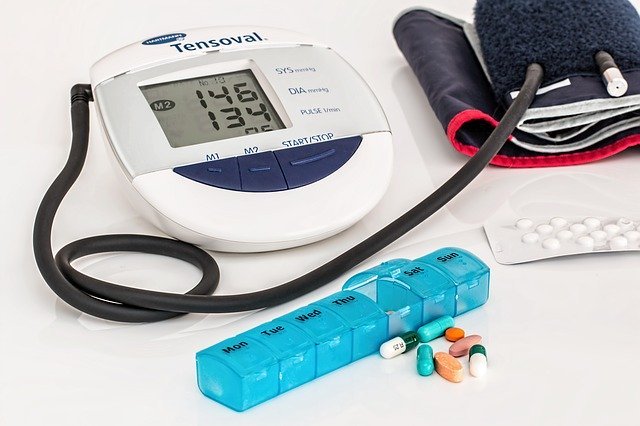
The painkiller acetaminophen is commonly used for headaches and ingested orally. Hospitals, however, administer acetaminophen intravenously.
In this way, doctors and nurses can help critically ill patients unable to swallow one or more pills.
Furthermore, the drug works much faster intravenously, and the method allows healthcare professionals to precisely control the doses and the timing of its effects.
However, the intravenous acetaminophen has a serious side effect: a temporary large drop in blood pressure.
In a new study, researchers have found the reason behind one side effect of receiving intravenous acetaminophen.
The research was conducted by a team at the University of Copenhagen.
Previous studies suggest it is quite a sizable drop. The drop in blood pressure occurs in both common and critically ill patients.
In the critically ill, six out of 10 have experienced the side effect, one-third of these to such an extent that they require medical intervention.
Despite the statistics, intravenous acetaminophen is considered to be a relatively stable drug used increasingly in the healthcare system, even though many doctors and nurses are aware of the potential side effects.
In the study, the team set out to find a cause for the steep drop in blood pressure.
They found paracetamol [acetaminophen) bypasses the liver when administered intravenously, therefore it is metabolized differently to when people ingest it orally.
It still gets metabolized, but it happens elsewhere in the body, where the subsequent chemicals can cause an effect that wouldn’t normally happen if the drug was taken orally.
More precisely, it appears that the residual products of the painkiller affect some of the potassium channels, which, among other things, regulate how blood vessels contract and relax, thereby controlling blood pressure.
By using drugs that block these potassium channels, specifically, the research team subsequently succeeded in reducing the side effect of the large drop in blood pressure in the test rats.
The team emphasizes that most people should not be afraid to take painkillers as usual, as long as they stay within the maximum recommended dose.
This research is rather timely, given the unprecedented COVID-19 crisis and a dramatic increase in critically ill patients that may be receiving intravenous acetaminophen in the hospitals to help with pain and fever management.
The lead author of the study is Thomas Qvistgaard Jepps, an assistant professor in the biomedical sciences department.
The study is published in Atherosclerosis, Thrombosis and Vascular Biology.
Copyright © 2020 Knowridge Science Report. All rights reserved.



